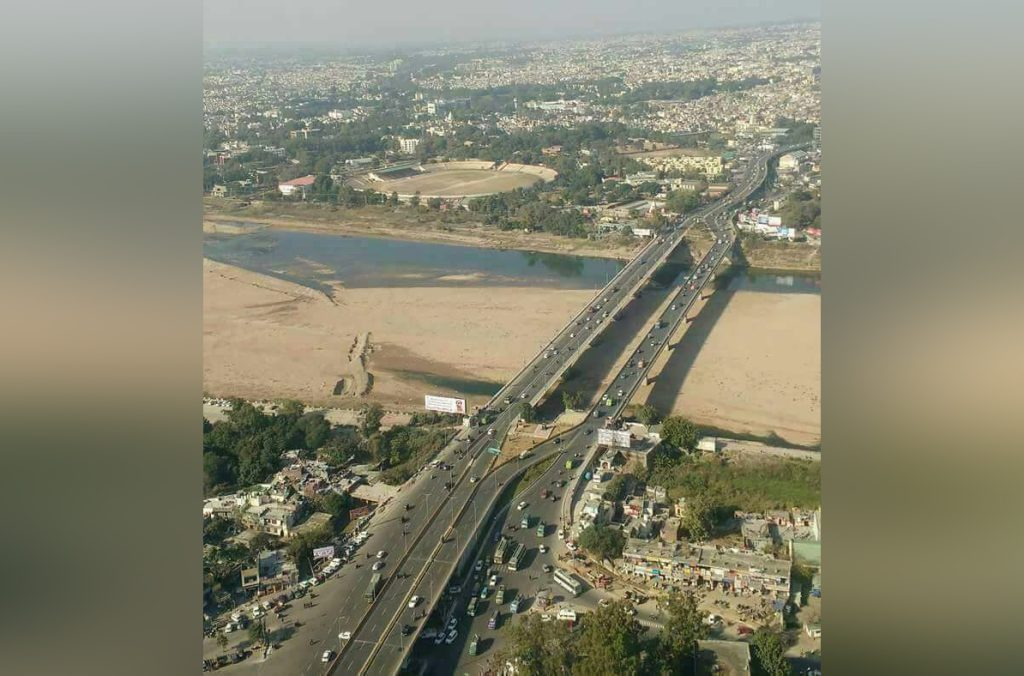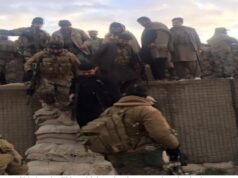From Neglect to Humiliation: How being apologetic doesn’t work

By Col Ajay K Raina
Neglect of the Jammu Province is a historical fact that can only be countered by twisting the facts or through selective citation of data. Reasons for such disregard could range from organic ones like weak political leadership or the general attitude of the populace to disparate ones like an overbearing influence of the Kashmir politicians or Jammu blindness in Delhi. Still, the fact that Jammu (and Ladakh) has indeed been handed raw deals is no less than gospel truth. The siphoning of funds from one region to another only adds to the dismal picture. And worse, like a frog set in a slowly heating pot of water, Jammuites appear to have got used to such a treatment by various Governments across the board.
What happened inside the J&K Assembly in Srinagar recently has taken the treatment to another level, certainly southwards. How the MLAs from Jammu were treated and thrown out of the assembly amounts to a humiliation not only for the elected members but also for the people who voted for those MLAs. It is not unusual to see ruckus in such houses; adjournments are generally ordered to tide over such moments. However, picking up senior leaders-some of them ex-ministers-and lugging them like corpses is new. Usage of words like ‘throw them out’ in the assembly is again an example of decadence in quality of public discourse and intolerance inside the house of elected representatives. In other words, neglect has now graduated to humiliation.
There are moments that change the course of history. However, change happens only if a de rigueur action is taken at that moment to ensure that history does change its course. The MLAs from Jammu must now decide whether to throw the gauntlet and stand for the honour of the people who voted for them or keep quiet and come across as an apologetic lot now and a bunch of penitent personnel later. What they tried to do when sub-nationalistic resolutions were being tabled in the assembly deserves praise. Still, that action may be taken as a stepping stone, not the final action to eradicate a system that empowers the tiniest part of the geography of the UT while ignoring other larger chunks. The time has come to throw the yoke so unfairly put around the neck of the entity called Jammu and claim our rightful place under the sun. For that to happen, the leaders and populace alike will have to shed the apologetic mindset as the starting point.
Talking of an apologetic mindset, this is something unmissable among a large section of the populace south of Pir Panjal. This is what decades of servitude do to people. Like a clever statistician who can use one set of data to prove multiple but contradictory points, such minds twist historical facts and ground realities to justify their apologetic behaviour. So, instead of pointing at the portfolios ever allotted to ministers from Jammu over decades or admitting that certain decisions against Jammu were taken without inviting Jammu ministers to a cabinet meeting, they highlight the numbers in absolute terms. They certainly would never mention how Praja Parishad candidates were disqualified and bulldozed on technical grounds during the first elections the erstwhile state ever faced. Calling leadership from Jammu as non-secular while closing eyes on an intelligent avatar of a communal party originating in Kashmir in 1932 is another example of selective citations to make a point.
Similar is the case with those who contend that J&K’s geography is so tough and unique that it merits a twin-directorate system. It would be wrong to assume that they don’t know about the geography of Arunachal Pradesh, where, till recently, one had to exitinto Assam to visit another part of the state, or of HP or UK or Sikkim where lateral connectivity is non-existent beyond one ribbon; it is just that they assume that others don’t know! The worst part is the ill-founded argument that the demand for a separate state carries religious overtones! Demography of the Jammu Province, with close to 40% Muslim population and a healthy sprinkling of all other faiths found across the subcontinent, is like a writing on a wall for such commentators. Whether they read it or not is their choice in this democratic country, but the fact remains that the demand for a separate state has nothing to do with religion or faith.
At a personal level, I have an issue with anyone and everyone who speaks of Kashmiriyat (a term invented by the political class of Kashmir after the Indira-Sheikh Accord in the 1970s; non-existent before that) while ignoring the ethnic cleansing of the Kashmiri Pandits that was carried out despite such a spirit. As many commentators have rightly pointed out, it essentially means living by the diktats of the majority community in Kashmir. Introducing non-existent terms like Jammuriyat to bring wordplay into a serious discussion serves no purpose either. There is and never has been anything called Jammuriyat; in the region of nationalistic people, it is Indianness or Bharatiyata that thrives.
As regards Pahari areas, no one can deny the fact that similar communities not only in Jammu but also in Kashmir and Kishanganga Valley deserve a better treatment. But is there an embargo on having a multiple administrative structure if Jammu becomes an independent state? How is the welfare of fringe communities likely to be secured in a system that has failed them for past seven decades? On a lighter note, it is another matter that what lies in the west can’t be termed eastern.
History also gets cited to prove a relationship between Jammu and Kashmir, but again, only to impress unsuspecting and ignorant minds. The only point of contact between Kashmir and the region south of Pir Panjal ran through Poonch during medieval times. Till the early 20th century, Jammu had no direct link with Kashmir. However, but for some migrations of Kashmiri Pandits into the Kishtwar region during their exoduses, there has been no history of contact between the Jammu heartland and Kashmir Valley. Consequently, no influence can be seen in the arts and handicrafts of the two regions. And whatever can be dug out by someone hell-bent on proving a point, such an issue remains of low significance. Adjoining geographies do have contacts, like Ladakh and Kashmir, but the question is of influence and resultant commonality. A comparison between Jammu and Punjab vis-à-vis Jammu and Kashmir will prove the point being made. The deduction is obvious and needs no deliberation.
Going back to a point in history and omitting developments in the intervening period to make a point is an art that not many possess. Maharaja Gulab Singh created a state that has been reduced in size over the years. Today’s ground reality must dictate today’s decisions. Ideally, the whole of the 1846 vintage J&K should be restored with a Dogra ruler on top. Is that even possible today? Also, the Kabulshahi-Hindushahi rulers once ruled over a vast area that is now home to three nations. Do we remain stuck in time, or do we look ahead and take a call? In any case, Ladakh is already a separate political entity. The fact that renowned Dogra scholar and scion of the Dogra royal family, Dr Karan Singh, had once proposed such a separation tells us that people with foresight do see things differently. No wonder then that a windscreen is always bigger than a rearview mirror in any vehicle.
Jammu city, the nerve centre of Jammu Province has been subjected to a deliberate demographic assault; the organisers of such an action belong to so-called mainstream parties whose top leadership belongs to Kashmir. This particular aspect is a threat to the culture and tradition of this geography. At the end of the day, nothing else will matter if we cease to exist as a race.
In a democracy, reorganisations and reconstitutions are legal actions taken from time to time to meet people’s aspirations and ensure just and fair treatment of one and all. Some commentators have gone to the length of calling the demand for a separate statehood another partition! Such comments, however, don’t merit a counterargument.
Jammu lacks strong leadership, but its civil society proved its mettle when the Amarnath agitation happened or a holiday for Maharaja Hari Singh was sought. It would be risky to ignore or ill-treat a community that has produced some of the finest soldiers in this country but is shy of speaking for itself. Riskier will be an attempt to paint a just demand in an unfair colour. It is high time that the elected lawmakers from Jammu rise up, stand with the masses and lead Jammu into a new era where Jammu will be ruled by its own and where its leaders will be answerable and accountable to its people.
For some, Article 370 was a line etched in a proverbial stone; it is part of our dark past today. Likewise, the pessimistic forecast that all is over, and that Jammu can never be a state is another prophecy that will fail one day. Our demands may be termed as blabbering but usage of indecent language doesn’t take away the spirit of our demand for a separate statehood.




